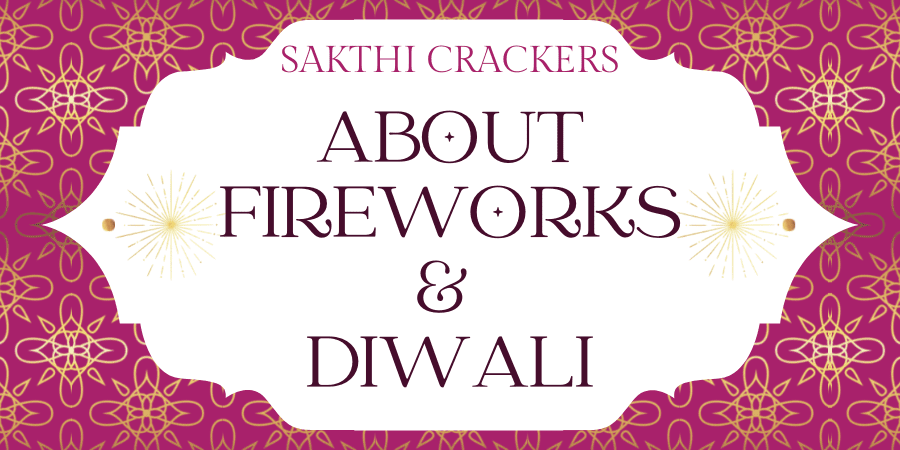Let’s know about Fireworks
How do fireworks achieve their vibrant hues and thunderous booms?
An oxidizer (an oxidizing agent) and a fuel (a reducing agent) are employed to create the noise and lights. The oxidizer oxidizes the fuel in a highly exothermic reaction, resulting in a dazzling light and a loud report from the quickly expanding gases. An element with a colored emission spectrum is included for a color effect. When atoms absorb energy, electrons can be raised to higher-energy orbitals. Excited atoms can then discharge their excess energy by releasing light with specified wavelengths, which are usually visible. The energy used to excite the electrons in pyrotechnics comes from the reaction between the oxidizer and the fuel.
History of Fireworks
China is often regarded as the home of fireworks, with black powder being discovered as the first explosive composition during the Sung period ( 960-1279 ). A cook in ancient China discovered that a concoction of sulphur, saltpetre, and charcoal was extremely flammable and would explode if contained in a confined space, according to legend. The technology’s first use was in the realm of entertainment. The Chinese continue to be the world’s leading manufacturer of fireworks. They discovered that black powder could readily be used as rocket fuel after the recipe was mastered, and in the sixth century, they built hand-carved wooden rockets in the shape of a dragon.
These rockets were utilized against the Mongol invasion of 1279, and they fired rocket-powered arrows from their mouth. These rockets’ principle is still employed in rocket-powered pyrotechnics today.
Diwali/Deepavali related with Fireworks
Diwali customs Diwali, or the Festival of Lights, is one of India’s most important and widely observed holidays. It’s a light festival, and for many, it’s a sensory experience; some families deck up their homes with all kinds of lights and invite their neighbours over to share their love and food.
Diwali is a festival in which people spend time with their families and friends. They hold religious rites to usher in wealth and success for the new year, prepare and consume great cuisine, create rangolis, and light diyas (little earthen lamps), candles, and sometimes fireworks to brighten their lives.
Diwali commemorates the homecoming of Lord Rama from exile in the forest on this day. Diwali is the third day of a five-day festival that marks the beginning of the Hindu New Year. I attend Diwali festivals and perform pooja at home.





